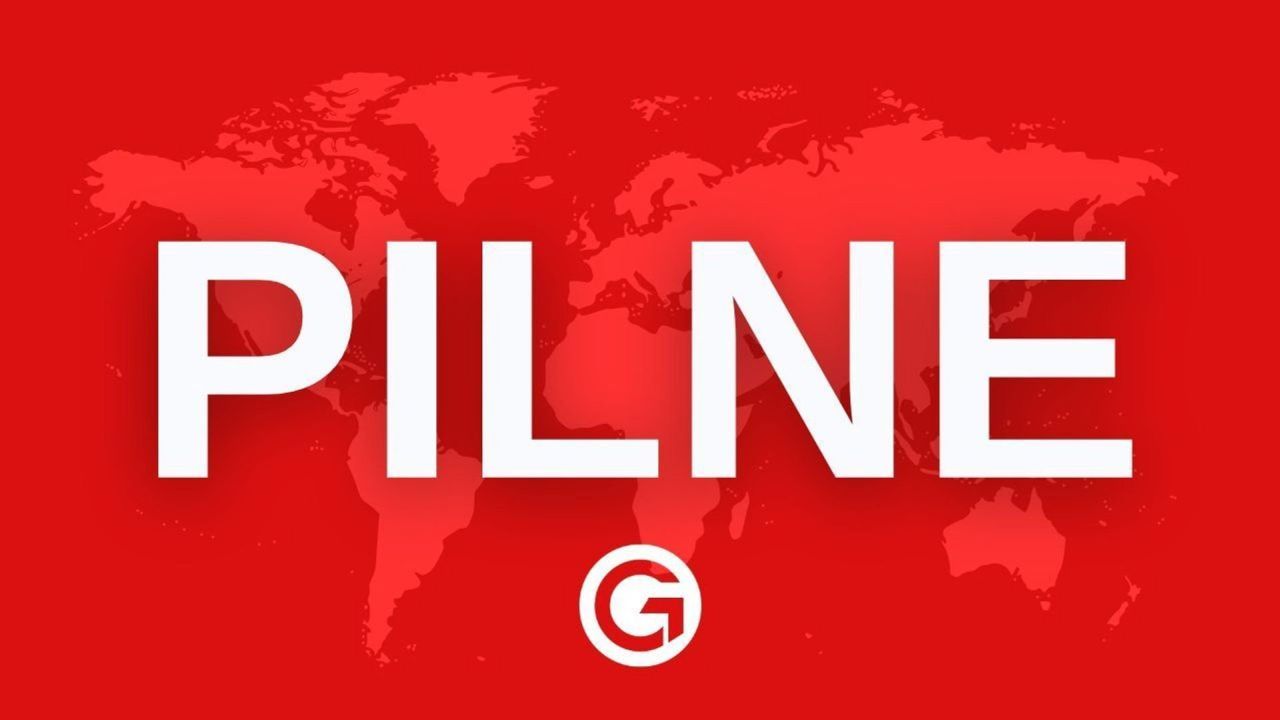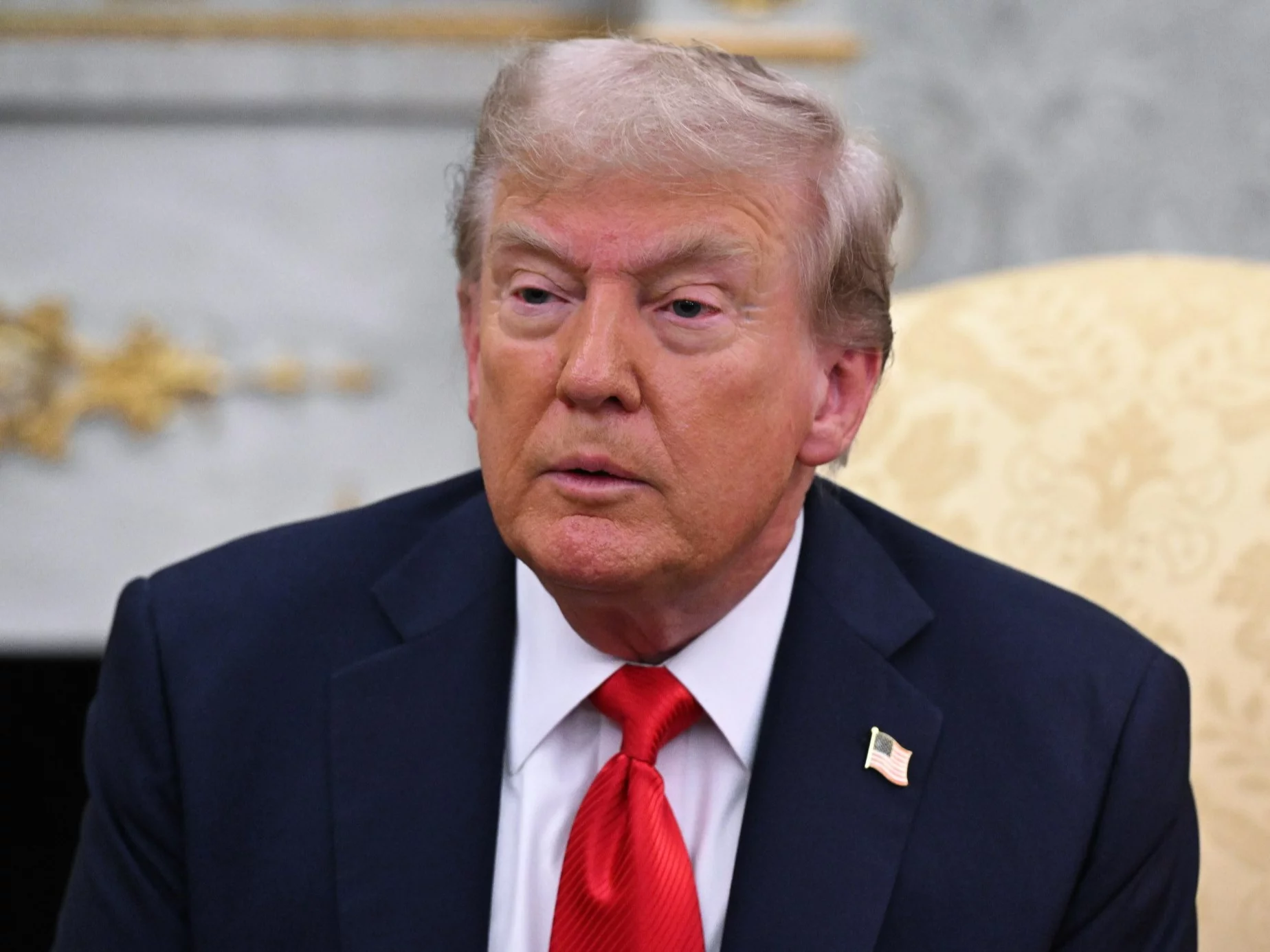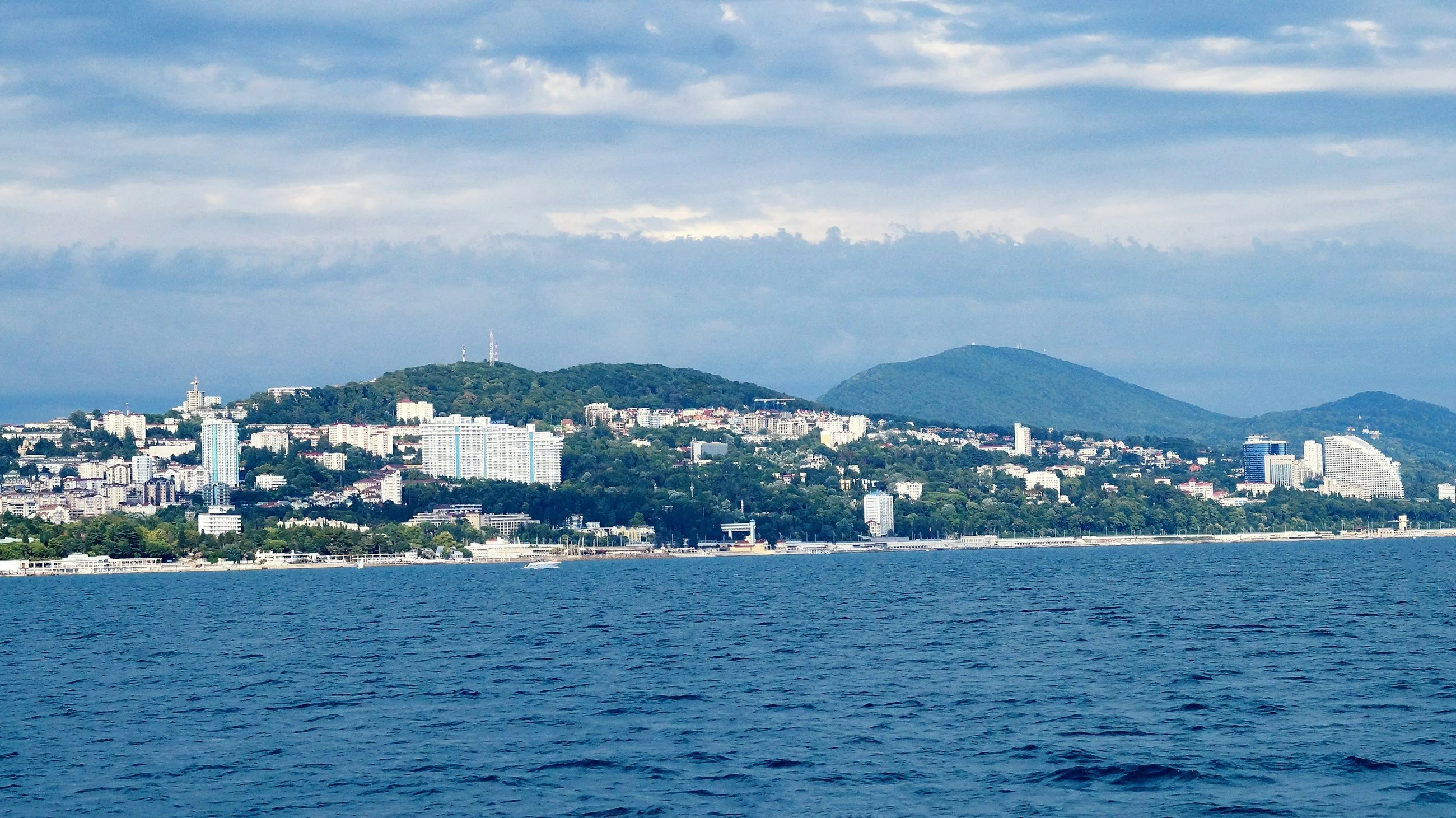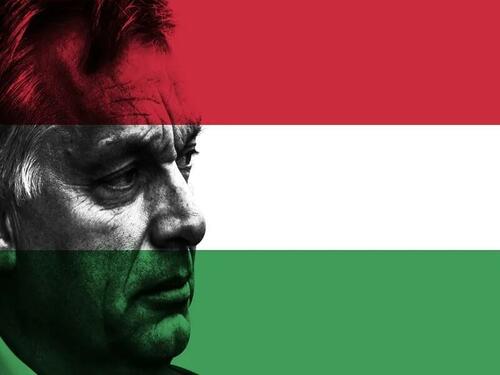
Взгляд Орбана на глобальный системный переход и великую венгерскую стратегию стоит прочитать
Автор Эндрю Корыбко через подстэк,
Премьер-министр Венгрии Виктор Орбан подробно рассказал о глобальном системном переходе и великой стратегии своей страны в рамках него во время продолжительной речи в Летнем университете и студенческом лагере Бальваньос. В понедельник была опубликована стенограмма на английском языке объемом более 11 000 слов, которая будет обобщена для удобства читателя. Это началось с того, что он подтвердил, что его христианский долг — содействовать миру и высмеивать ЕС за его мантру Оруэлла «война — это мир».
Затем он сказал, что украинский конфликт был для него «красной пилюлей», и продолжил разрабатывать десять способов, которыми он открыл глаза на реальность.
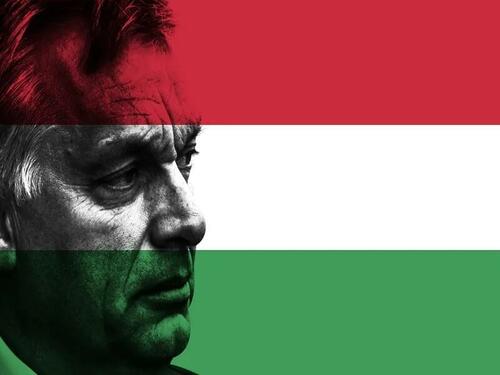
ПервыйС обеих сторон были огромные потери, но каждая из сторон будет продолжать сражаться, если внешние заинтересованные стороны не вмешаются дипломатическим путем, поскольку они убеждены, что они победят.
ВторойСША перешли от сдерживания Китая к ведению опосредованной войны с Россией, что сплотило эти две страны и вызвало вопросы о том, почему США это сделают.
ТретийУстойчивость Украины, несмотря на ее объективные экономические и демографические слабости, может быть объяснена ее чувством миссии, которая наполняет ее более высокой целью, которая должна стать восточной военной границей Запада.
ЧетвертоеРоссия также показала себя впечатляюще устойчивой, и она далеко не рушится, как предсказывали западные лидеры.
ПятыйЕС претерпел фундаментальные изменения с момента начала последней фазы украинского конфликта два с половиной года назад.
Теперь она следует за демократами США вместо того, чтобы сохранить свою стратегическую автономию, и традиционная франко-германская ось теперь оспаривается, как никогда раньше, Польшей, которая объединилась с Великобританией, Украиной, Прибалтикой и Скандинавией, чтобы создать новый центр власти в Европе. Это на самом деле старый польский план (Пилсудского «Междуморье» межвоенного периода), адаптированный к современным условиям, вызванным украинским конфликтом и полностью поддерживаемый США.
ШестойЗападные стандарты больше не являются универсальными, и он испытывает «духовное одиночество» после того, как весь незапад отказался следовать его примеру в изоляции России.
СедьмаяСамой большой проблемой в мире является слабость и распад Запада, вызванные отсутствием лидерства и, казалось бы, иррациональной политикой, которая ускоряет рост Китая как его глобального системного соперника.
восьмойМировоззрение Западной Европы теперь постнациональное, в то время как Центральная Европа все еще верит в святость национального государства.
Эта дихотомия объясняет, казалось бы, иррациональную политику Запада, поскольку каждая половина Европы действует в соответствии с совершенно другой философией. США также испытывают аналогичное разделение между теми, кто хочет, чтобы Трамп оставался национальным государством, и его противниками, которые хотят, чтобы он стал постнациональным государством. По словам Орбана, это разделение обязано своим происхождением сексуальной революции и студенческим восстаниям более полувека назад, которые стремились освободить людей от любой формы коллективной идентичности.
ДевятыйПостнациональные тенденции Запада сотрясают демократию и приводят к трениям между элитой/элитизмом и народом/популизмом.
Десятая красная таблетка Западная мягкая сила/ценности не универсальны, но на самом деле контрпродуктивны, поскольку самой сильной международной привлекательностью России в настоящее время является ее сопротивление ЛГБТК. Орбан тогда сказал, что эти тенденции ведут к росту не-Запада, который, по его мнению, впервые начался с вступления Китая в ВТО в 2001 году и может быть необратимым.
Приоритет Трампа заключается в восстановлении и укреплении Северной Америки, с которой он будет сжимать США. Европейские и азиатские союзники ведут переговоры о более выгодных сделках с Китаем. Его конечная цель состоит в том, чтобы сделать США самодостаточными в энергетике и сырье, чтобы у них было больше шансов сохранить свои позиции в мировых делах. У ЕС есть два варианта: он может либо стать «музеем под открытым небом» (пассивным международным актером), поглощенным США, либо стремиться к стратегической автономии, чтобы улучшить свое положение в мире.
Нужны более тесные связи, европейский военный альянс с собственной оборонной промышленностью (хотя и без федерализации), энергетическая самодостаточность, примирение с Россией и признание того, что Украина не присоединится к ЕС или НАТО. Он вернется к своей прежней роли буферной зоны и ему повезет, если он получит гарантии безопасности в американо-российском соглашении. Силовая игра Польши провалится, потому что ей не хватает ресурсов для замены Германии, поэтому Орбан ожидает, что его «польские братья и сестры» вернутся в Центральную Европу.
Он также считает все эти изменения возможностью. События в США благоприятствуют Венгрии, но она должна быть осторожна в отношении любых сделок, которые она может предложить из-за польского прецедента. Варшава сделала ставку на Вашингтон и получила поддержку своих стратегических целей, но теперь она «подвергается навязыванию политики экспорта демократии, ЛГБТК, миграции и внутренних социальных преобразований». Орбан зловеще отмечает, что эта комбинация рискует потерять польскую национальную идентичность, если эти тенденции продолжатся.
Венгрия останется в ЕС, но разделение блока на Восток и Запад между теми, кто уважает национальное государство, и теми, кто выходит за его пределы, будет расширяться. ЕС также должен признать, что он проиграет в украинском конфликте, США откажутся от этой прокси-войны, а ЕС не может реально взять на себя ответственность. В то же время Венгрия будет полагаться на Китай для модернизации своей экономики и увеличения экспорта, что приведет к взаимовыгодным результатам.
Венгерская стратегия необходима для того, чтобы максимально использовать возможности, предоставляемые десятью ранее описанными красными таблетками и их вышеупомянутыми последствиями. То, что уже было решено с тех пор, как его правительство начало работу над этим после выборов 2022 года, еще не усвояемо и широко понятно для общественности, и он сказал, что потребуется около шести месяцев, чтобы все стало для них яснее, но он по-прежнему разделяет суть того, что влечет за собой эта грандиозная стратегия.
Первая часть — это то, что он описывает как связь, которую он объяснил как подключенную как к восточной, так и к западной половине мировой экономики. Второй - суверенитет, с акцентом на экономическое измерение путем продвижения национальных компаний на мировом рынке, сокращения долга, становления региональным кредитором и увеличения внутреннего производства. Заключительная часть заключается в укреплении устойчивости его общества путем прекращения демографического спада, сохранения деревень и сохранения самобытной культуры Венгрии.
Орбан объяснил, что все венгры во всем мире должны помочь продвижению этой великой стратегии. Ожидается, что глобальный системный переход продлится еще 20-25 лет, поэтому следующему поколению будет поручено завершить его реализацию. Их либеральные оппоненты попытаются компенсировать это, но таким усилиям можно противодействовать, вербуя в дело молодых националистов. Создается впечатление, что после прочтения его речи Орбан является самым дальновидным европейским лидером этого поколения.
Тайлер Дерден
Сат, 08/03/2024 - 07:00


